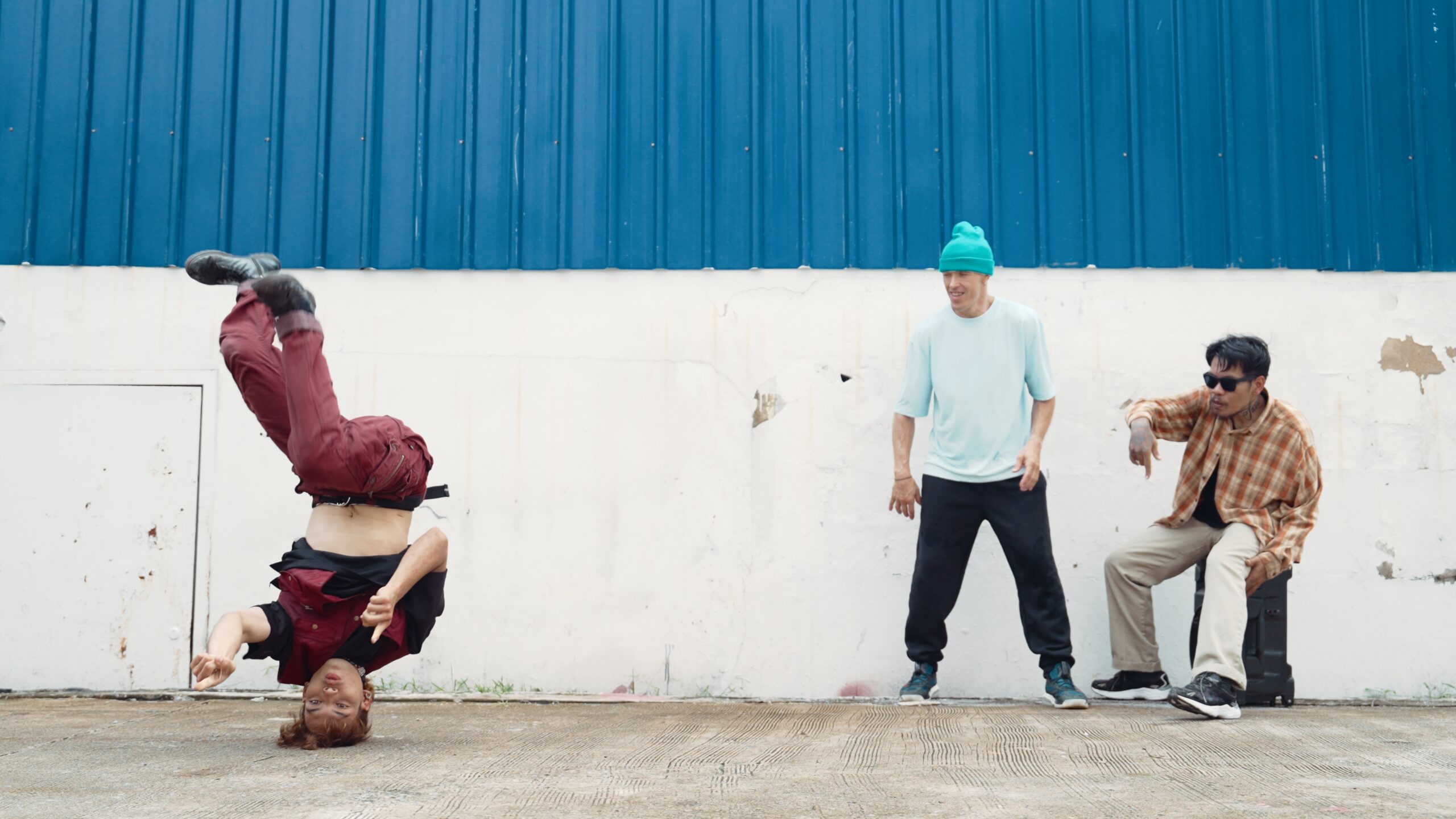West Coast hip-hop is more than just a music genre—it’s a powerful canvas for storytelling, identity, and resistance. Among its defining influences is the rich and vibrant tapestry of Chicano culture, which has left an indelible mark on the beats, lyrics, visuals, and ethos of the genre. For generations, Chicano artists have used hip-hop as a platform to amplify their voices, express unique cultural experiences, and tackle issues of social justice. This dynamic relationship between Chicano culture and West Coast hip-hop continues to inspire, educate, and empower communities today.
Historical Context of Chicano Presence in West Coast Hip-Hop
The intersection of Chicano culture and West Coast hip-hop dates back to the 1980s and 1990s, a period when the genre began to take shape in cities like Los Angeles and San Diego. Chicano communities brought their unique histories, struggles, and resilience to the urban landscapes where hip-hop thrived. The shared experiences of systemic oppression, migration, and neighborhood solidarity created common ground for collaboration and innovation between Black and Chicano artists.
Lowrider culture, rooted in Chicano identity, became an iconic symbol in West Coast hip-hop, appearing in music videos and album art as a visual homage to the streets and lifestyles that birthed the movement. This cultural synergy helped define the West Coast’s distinct sound, fusing funk-inspired beats with narratives of resistance and pride.
Key Chicano Artists and Their Impact on the Genre
Chicano artists played a pivotal role in shaping West Coast hip-hop. Groups like Cypress Hill blazed trails with their fusion of bilingual lyrics and socially conscious themes, bringing Latino representation to mainstream hip-hop. Kid Frost’s iconic track “La Raza” became an anthem of Chicano pride, highlighting the struggles and resilience of the community while celebrating its deep roots in California.
Artists such as Lighter Shade of Brown and Delinquent Habits also helped push Chicano stories to the forefront, creating music that resonated deeply with those navigating dual identities and cultural intersectionality. Their music not only entertained but also sparked important conversations about representation and belonging in hip-hop.
Cultural Themes in Lyrics, Visuals, and Style
The integration of Chicano culture into West Coast hip-hop goes beyond sound; it is deeply embedded in the lyrics, visuals, and fashion that define the genre. Many Chicano artists incorporate Spanglish into their lyrics, blending English and Spanish to reflect the lived experience of bicultural identity. Themes like community, resilience, and social justice are recurring, offering a lens into the unique challenges and triumphs of the Chicano experience.
Visually, elements like murals, graffiti art, and lowriders serve as cultural markers, prominently featured in music videos, album covers, and stage designs. The distinct Chicano fashion aesthetic—characterized by bandanas, dickies, flannels, and classic sneakers—also plays a central role in representing identity and pride.
Intersection of Activism, Identity, and Music
Chicano culture’s influence on West Coast hip-hop is deeply tied to activism and the fight for justice. Lyrics often address systemic racism, immigrant rights, police brutality, and economic inequality, lending a voice to those often marginalized by society. This intersection of music and activism harkens back to the Chicano Movement of the 1960s and 1970s, echoing the themes of cultural pride, political awareness, and collective resistance that defined that era.
Artists use their music to honor heritage while demanding change. For young listeners, these songs become a source of education and empowerment, connecting them to their history and inspiring them to advocate for progress.
The Genre’s Role in Amplifying Chicano Voices and Experiences
West Coast hip-hop serves as a vital platform for amplifying Chicano voices and sharing the richness of their stories with the world. By blending personal narratives with universal messages of struggle, resilience, and hope, Chicano artists create songs that transcend borders and resonate across communities.
The genre offers a space for reclaiming identity and challenging stereotypes, allowing artists to redefine what it means to be Chicano in the modern world. Through their music, they remind listeners that Chicano culture is thriving, dynamic, and deeply interconnected with the broader story of hip-hop.
Keep Our Culture Alive
Chicano culture thrives when we share, explore, and celebrate it together. Whether through art, language, history, or everyday experiences, we each play a part in preserving our heritage. Join the movement—learn about our stories, uplift our voices, and pass on the traditions that shape who we are. Together, let’s keep Chicano identity strong for future generations.



